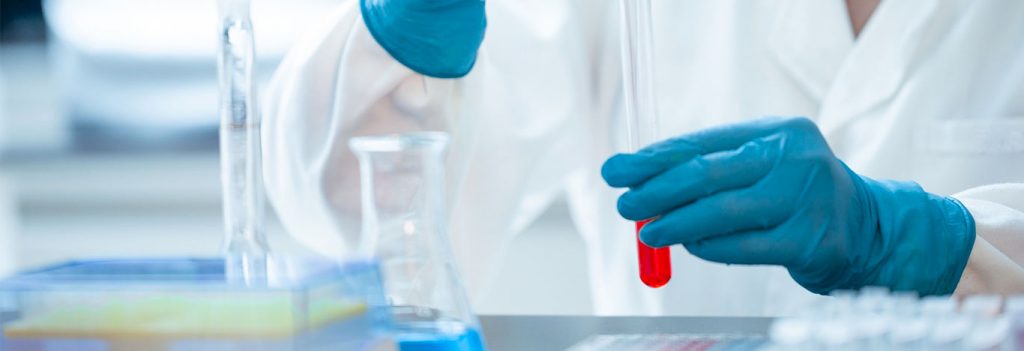REMEDI4ALL: facilitating the repurposing of medicines
March 2023
Officially launched on 1 September 2022, the REMEDI4ALL project aims to create a support infrastructure for projects, led by academic researchers, clinicians and potentially patients, to identify, test and validate new therapeutic indications for existing medications. Funded for five years by the European Commission to the tune of €23 million (Horizon Europe programme), it involves 24 European organisations and gives a leading role to patient experts. Virginie Hivert, in charge of the supervision of the project for EURORDIS-Rare Diseases Europe, presents the objectives and challenges.
What are the obstacles to the implementation of drug repurposing?
With drug repurposing, the objective is to maximise the chances of making treatments available to patients currently without a satisfactory therapeutic solution. This strategy is based on previously acquired knowledge, clinical data on safety for example, and sometimes even real-life data which has already been generated. However, this previous experience with a drug does not allow us to pass directly to phase III of clinical trials in a new therapeutic indication! Development remains complex. Even if it is supposedly less costly than with a new molecular entity, and if certain repurposed drugs are priced much higher than in their original therapeutic indications, private developers do not necessarily consider this option to be promising enough. Clinicians who discover the potential of a product in a new therapeutic indication do not always have the means to drive developments. There is often a tendency to view repurposing as non-innovative approach the contrary it can be a source of innovation in and of itself, and this can be seen, for instance, in the search for a new mode of action. EURORDIS has been working on the topic of repurposing for several years. Our work in various fora, including within the IRDIRC1 Consortium, certainly contributed to the opening of a call for projects, within the framework of Horizon Europe, by the European Commission’s DG Research, to develop a platform designed to facilitate the repurposing approach. REMEDI4ALL is one of the two selected projects2.
How does REMEDI4ALL propose to address this?
The platform that will be set up by REMEDI4ALL intends to onboard research projects carried out by academic teams, clinicians or patient organisations with promising potential but who are not equipped to carry out a complete therapeutic development. They will be able to join the platform at different stages of the development process and to be supported in one or more steps. The 24 partners in the project will each contribute their own expertise in one aspect of the value chain: regulation, preclinical studies, market access, etc. One of the French partners, the European Clinical Research Infrastructure Network ECRIN, will coordinate a working group on clinical development, for example. The ambition is that, in the long term, this infrastructure will resemble a public pharmaceutical company offering a platform of services, with a sustainable financing model which we are working on developing.
What are the next steps?
From the preparation of the response to the call for projects, four medicine repurposing projects in distinct disease areas with high unmet medical needs were selected as initial demonstrator projects COVID-19, pancreatic cancer, a rare disease (Osteogenesis imperfecta), and a very rare disease (Multiple sulfatase deficiency). However, without waiting for the full completion of these demonstrators, we hope to welcome new projects from the second year of the consortium’s existence: a call for projects will be launched for this purpose, initially to clinicians and academic researchers.
How will patients be involved in the selection and implementation of projects?
The philosophy of REMEDI4ALL is to address patients’ needs with patients, who will have a real, meaningful, co-creation role. They will be involved in the selection and prioritisation of projects, the choice of inclusion or exclusion criteria in the trials, the primary or secondary objectives… Each demonstrator will have a different way of involving patients, notably according to the size of the population targeted by the new therapeutic indication. For each project, we want to form a cohesive team involving scientists and patient ‘champions’ – or even, in the case of ultra-rare diseases, a single expert patient. But, at every stage, decisions will be taken in consultation with Community Advisory Boards for example. As a federation of patient organisations, EURORDIS will be more specifically involved in leading this framework for collaboration, as well as in a acapacity building and training programme, which has yet to be developed.
Adapted from an Interview by Julie Wierzbicki, written originally in French and available here.
(1) International Rare Diseases Research Consortium (IRDIRC), launched in 2011 at the initiative of the European Commission and the NIH.
(2) The other project supported by Horizon Europe is REPO4EU, developing a mechanistic strategy using AI.
